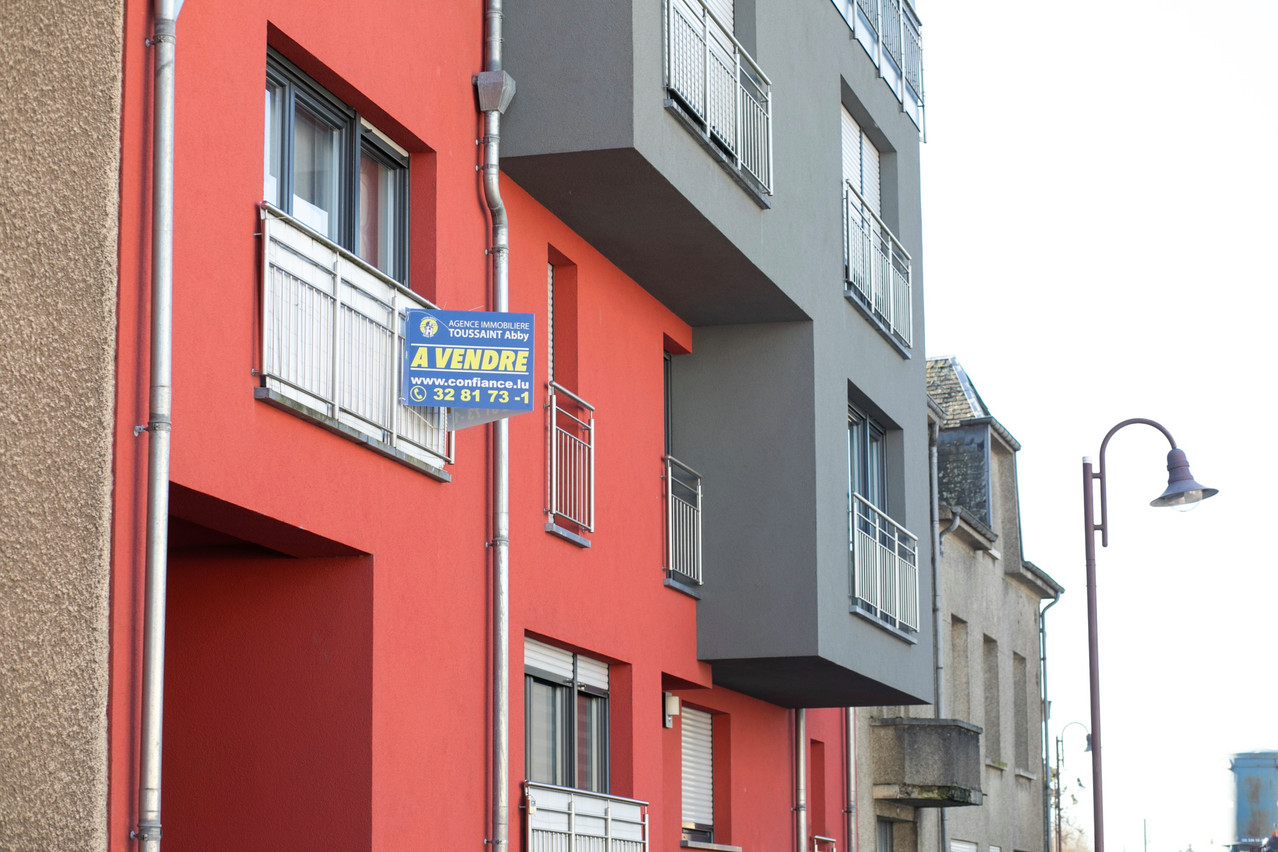On paper, the DP and CSV have the same goal: to create affordable housing for all. In method, however, things get more complicated.
’s DP advocates mobilising state-owned land for housing as an alternative to the current norm whereby municipalities simply sell land to the highest bidder. The party also wants to extend construction perimeters for public housing projects and create an agency for the administration of public rental housing.
’s CSV, meanwhile, wants to fix land prices for affordable housing according to location and building density. It also talks about granting more social housing to the middle class and reintroducing the super-reduced VAT rate for the construction of rental housing.
A more clear-cut point of convergence is that both parties want to support first-time buyers. The DP, more specifically, has proposed a one-off registration fee exemption for first-time buyers who are buying property they plan to use themselves.
Greater transparency
This is another point that both party programmes hit. The CSV seeks to provide more transparent information to interested buyers and tenants of flats via ensuring that advertisements indicate net and gross price (VAT included). The DP’s comment here is conceptually identical: it wants to standardise the text included in advertisements so that buyers can compare properties more accurately.
Both parties furthermore support a “rent-to-own” concept whereby, for public housing, rent money contributes toward eventual ownership.
On the subject of the Housing Pact 2.0, passed in August 2023 and which seeks to empower local authorities in the development of affordable housing, the two parties make slightly different comments: the DP wants to “examine [its] effects” while the CSV wants to “revise and simplify” it.
Support for municipalities
The CSV wants to set up a state funding structure (“MyLogement”) to support municipalities in their development of buildable land and construction of housing. It also advocates--where possible--building more densely.
The DP, for its part, would extend the current subsidy programme, which covers up to 75% of the municipal costs of building social and/or affordable housing. It also mentions providing “additional resources” to municipalities.
The DP also wants to tackle speculation on buildable land via buildable land contracts (Baulandvertrag) and to give municipalities “the planning certainty they need” to grow sustainably. On the speculation issue, the CSV supports taxing, nationally, speculation on vacant properties and undeveloped buildable land.
Town and country planning
The DP wants to increase the supply of affordable student accommodation near campuses, as well as integrate housing into industrial zones for people who work there. The CSV programme is quiet on this topic, but it does mention developing, together with public and private partners, a development concept for the 50 hectares of buildable land held by the housing fund (fonds du logement).
Both parties furthermore agree on the need to guarantee a social mix, but not in the same contexts. “Within residential areas,” says Bettel’s party. “In all state and municipal projects,” says Frieden’s.
This article in Paperjam. It has been translated and edited for Delano.
